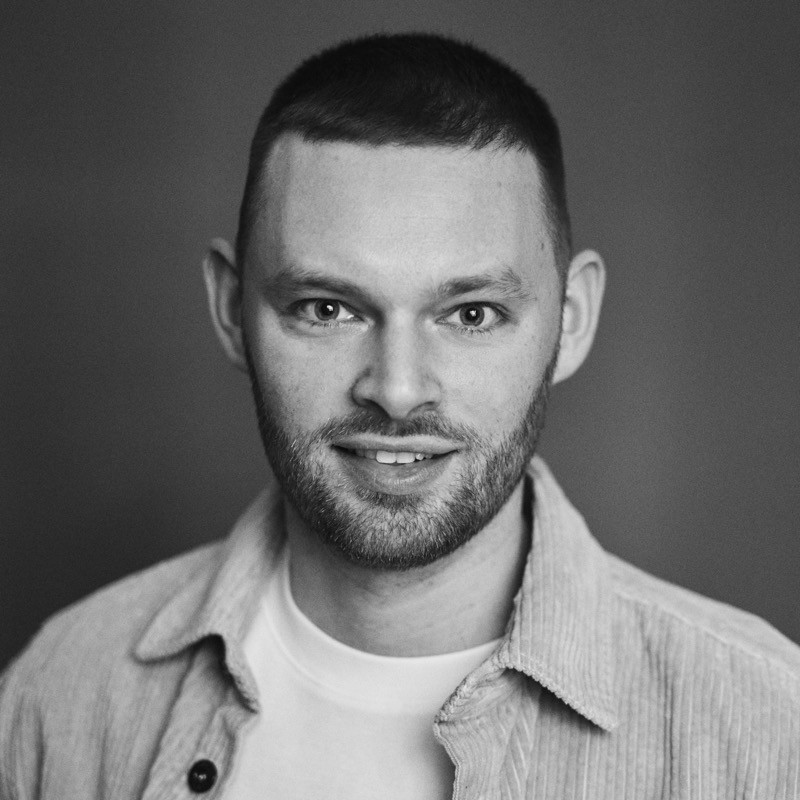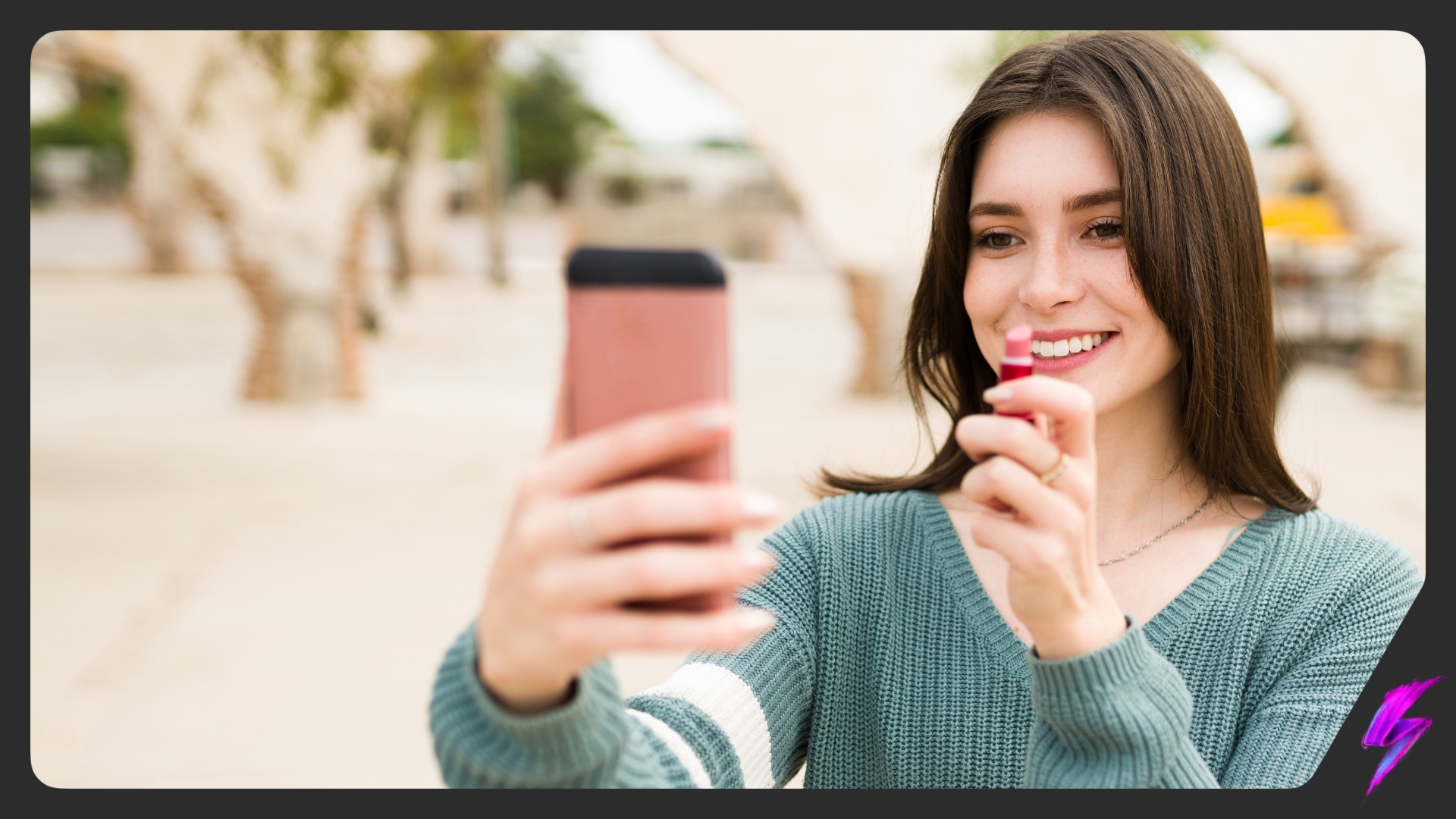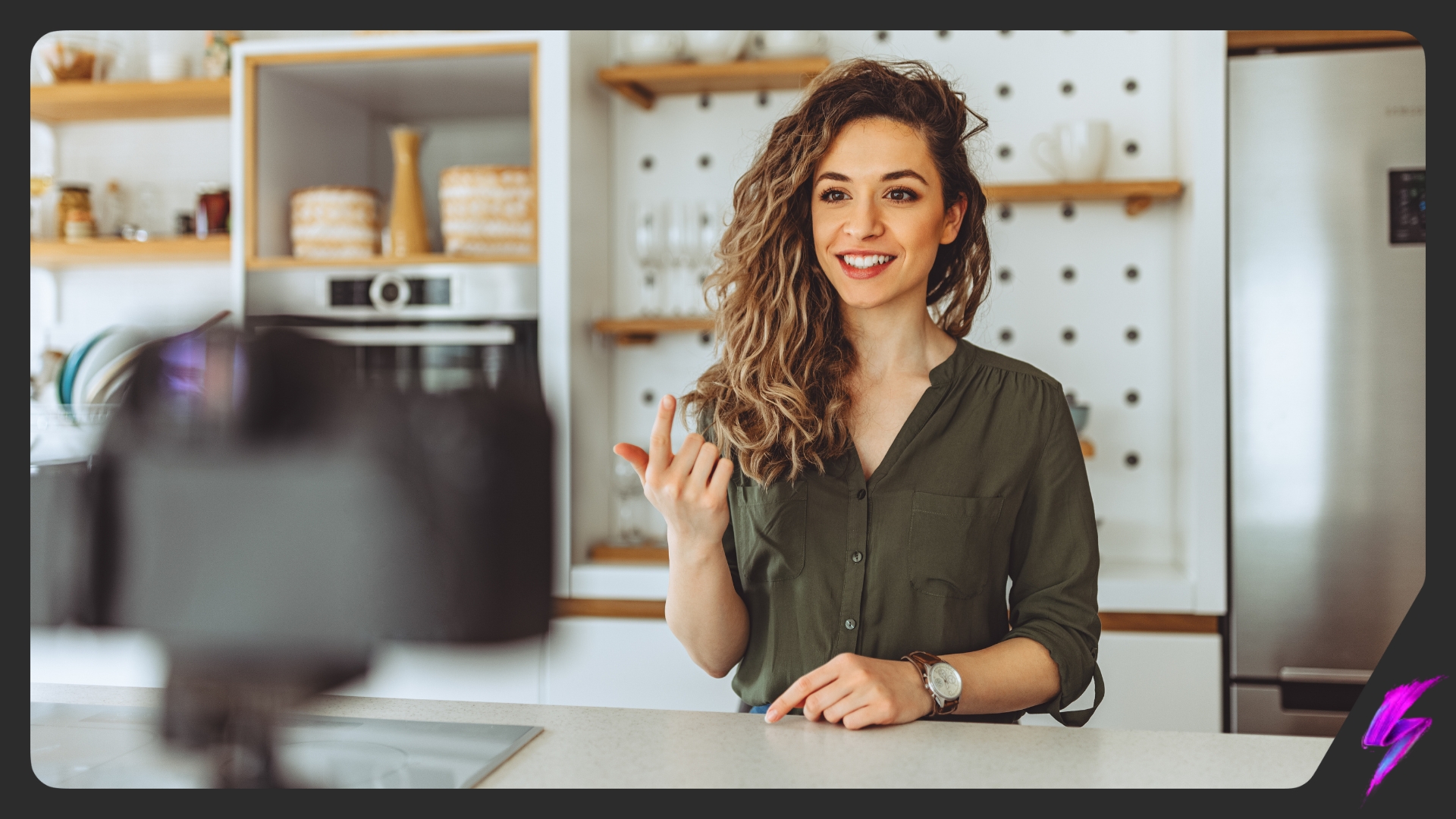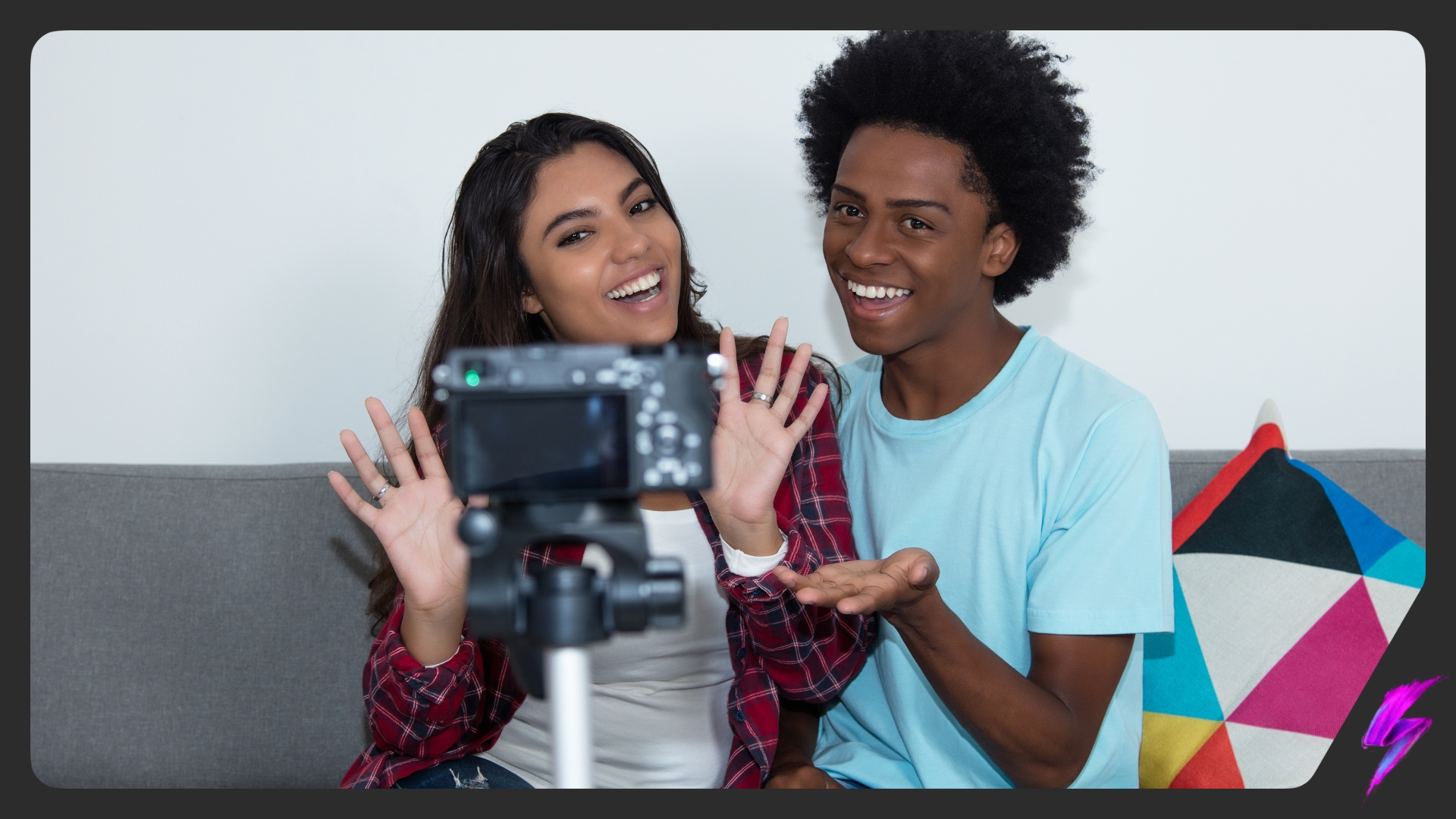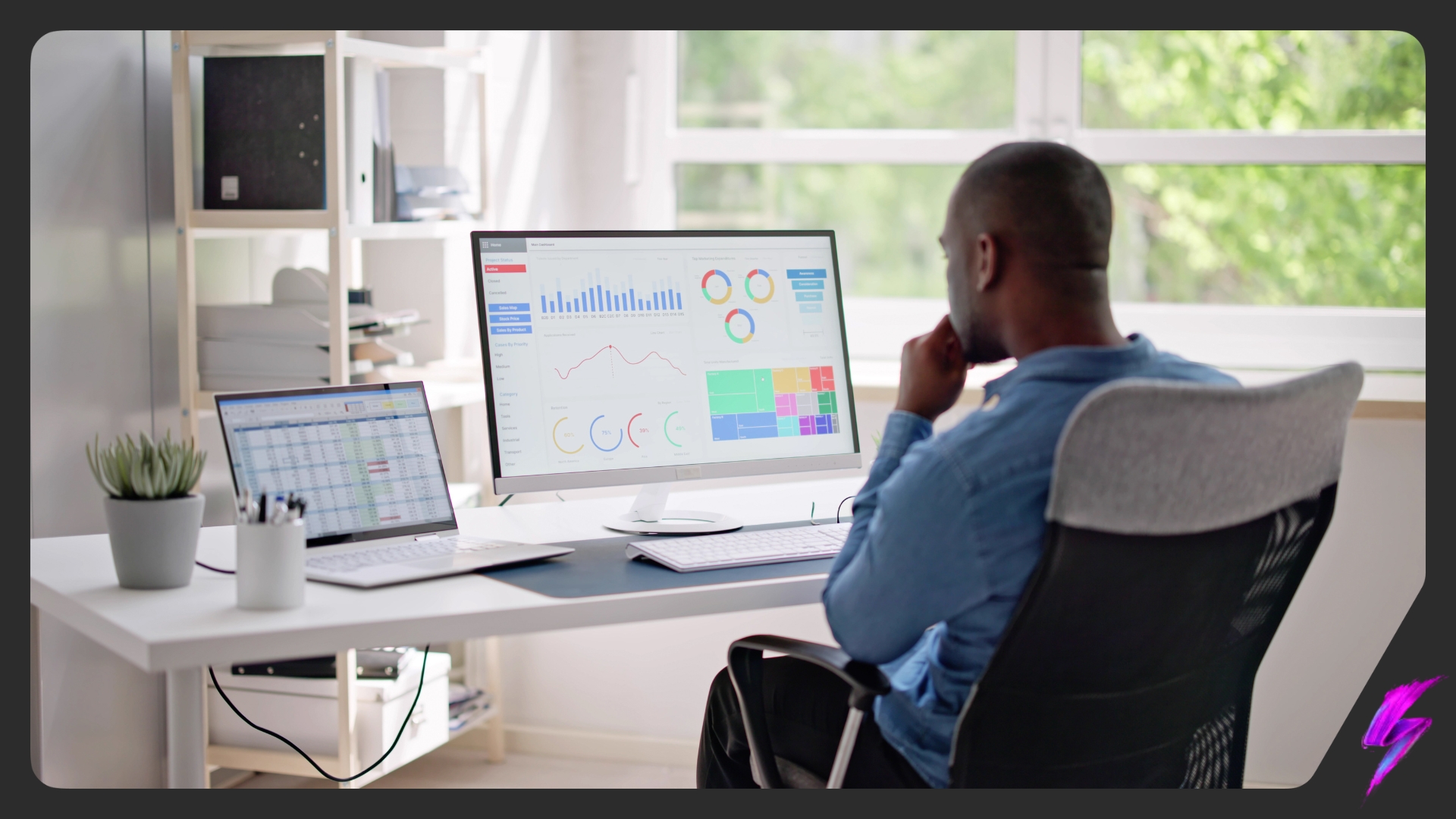Fame in the Face of a Pandemic: How have doctors and nurses become social media influencers?
May 14, 2020
Influencer News


It’s safe to say there have been many unexpected outcomes as a result of COVID-19. With over four million cases now confirmed globally, the virus has caused a significant amount of disruption to human society as we know it. In contrast to historical pandemics, such as the Spanish flu in 1918, people around the world have had to witness the escalation of the situation while living in the age of social media.
On the one hand, being part of a world that is more connected than ever has provided us with a support infrastructure to spread information and counterbalance physical distancing measures. On the other, it has led to what the WHO has described as an ‘infodemic’: excessive amounts of misinformation which makes it difficult for the general public to separate fact from fiction. This, in part, has helped lead to the elevation of some healthcare professionals to influencer status, on account of their perceived trustworthiness in a digital ecosystem often laden with ‘fake news’.
On top of their everyday responsibilities, these individuals have found themselves having to navigate breakout stardom against the backdrop of the global health crisis. In some instances, their online success has been fuelled by reaction to the recklessness of coronavirus statements made by some politicians and individuals in the media. When President Trump suggested at a press conference that doctors should investigate patients receiving an “injection” of disinfectant, medical professionals with an established social media presence were quick to emphasise the absurdity of his claims. “I promise I won’t pretend to know how to run a country if you don’t pretend to know how to practice medicine,” wrote one practitioner on TikTok. His video quickly amassed tens of thousands of views.
Many of the emerging doctor-influencers are consequently positioning themselves as the bastions of responsible medicine. While medical conspiracy theories, exaggerated claims and unproven treatment methods consistently do the rounds online, those with discernible medical credentials have an added weight to their platform which enables them to cut through the noise with reason. According to Doctor Mike – a family physician with more than 5 million subscribers on YouTube – it is precisely when there is an absence of qualified online voices that “misinformation thrives.” He contends that a social media approach driven solely by personality over expertise is responsible for the peddling of potentially harmful products and/or cures. This is one of the chief criticisms often levied at influencer marketing more generally, with its impact on an impressionable audience having particularly egregious potential when interpreted within the context of the COVID-19 pandemic.
“Social media is absolutely an important space for medical professionals to be having conversations around things like public education, trying to combat some of the misinformation and pseudoscience that’s just running rampant on all these different platforms,” said science communications expert Sarah Mojarad to CNN. However, she also highlighted that by uploading content onto these channels, medical professionals have the added responsibility of ensuring they do not negatively tarnish the public’s perception of the healthcare industry as a whole. This raises several pertinent questions about the ethics involved with clinicians having a stronger online presence. Is the content they are putting out undermining wider professional credibility? Are they in any way misrepresenting their area of expertise? And would it ever be appropriate for them to endorse a product and attempt to influence consumer purchasing decisions for their own commercial gain?
For the most part, this special sort of internet celebrity has sought to provide emotional relief for the content maker and viewer. Buzzfeed News recently investigated this topic in detail. It looked at how those working in healthcare were ‘turning to social media to wrestle with their new reality.’ Speaking to operating room nurse Joel Hentrich – whose video of a doctor putting on PPE gear achieved over 7 million views – the article relayed how he found TikTok “has been one of the ways I can debrief from the stresses of being on the frontlines.” This sentiment has been echoed by the numerous videos of hospital staff performing choreographed dance routines to ‘build up teamwork.’ Despite the incredible popularity of these videos, there have also been many vocal detractors who see them as treating the situation with too much levity. Worse still, this criticism has been hijacked by those in conservative and far-right circles who seek to delegitimise the scale of the overall threat posed by COVID-19.
As doctors and nurses continue to go viral learning these ‘morale-boosting’ TikTok dances, there is also scrutiny around the appropriateness of some individuals turning the pandemic into an opportunity for fame. After all, it is undoubtedly easy for anyone with a lab coat to cosplay as a medical professional. Experts have also expressed concern about a category of people who work in medi-spas, aesthetician practices, chiropractors, or in the alternative medicine industry for spreading medical advice that they simply aren’t qualified enough to give. Dr Wiesbauer – a trained internist, epidemiologist and YouTuber – remarked that “there was never a time when a lay person was so interested to learn the stuff we have to tell”, acknowledging the trapdoor being opened up for people seeking out sources of information from anywhere it is readily available. Given the unrelenting severity of the crisis, these considerations take on added weight.
At the end of the day then, what exactly are we to make of the rise of the doctor-influencer? Do they function as paragons of scientific knowledge that pop up on our Instagram feeds, helping to combat swathes of pseudoscientific claims by harnessing their online presence to promote expert advice? Or is there something more sinister at work, with their ostensible medical authority concealing a hidden agenda that might have wider implications for perception of the healthcare industry as a whole? Admittedly, it would be a bit of a stretch to reach either of these conclusions. After all, healthcare workers are experiencing what must be one of the most stressful periods of their careers. For them, becoming an influencer for their expertise is
a modern opportunity in an industry notoriously plagued by burnout, unpredictable hours and, in many instances, low-pay. Though there are valid concerns that should continue to be addressed, with any luck this phenomenon will help to humanise the profession and continue to educate people on public health.
Our Influencer marketing agency and Social agency are located worldwide, with our agency network based in the USA, UK, UAE and China.
If you want to receive our industry insights, visit our Influencer Marketing & Social Media blogs here.
[cta]
Popular Blogs
Most Popular Instagram Hashtags | Tiktok Hashtags | Instagram Monetization | Facebook Banner Size | Snapchat Influencers | Most Subscribed Youtubers | Best Time to Post on Youtube | UK Twitch Streamers | Female Twitch Streamers | Popular Tiktok Songs | Male Tiktok Influencers | Lgbtq Tiktok Influencers | The Rise and Fall of Clubhouse | Influencer Marketing on Clubhouse | LiketoKnowit | Pretty Little Thing Instagram| Social Marketing Agency
Social And Influencer Marketing News + Insights
Get in touch
We'll show you how to start powerful conversation, drive social engagement, build your brand, hit sales targets or meet other goals you have, wherever you are in the world.
Work with us